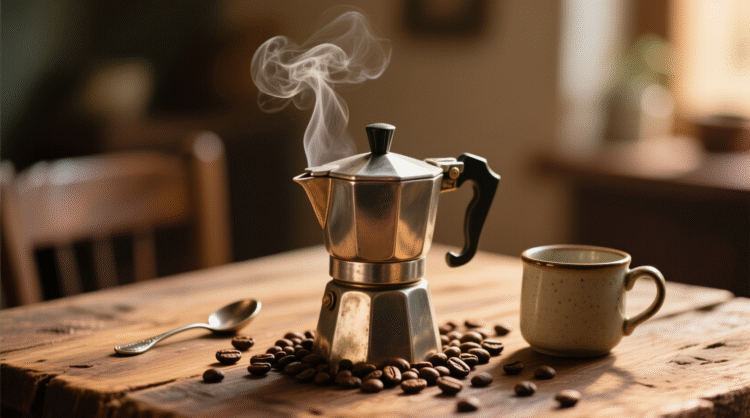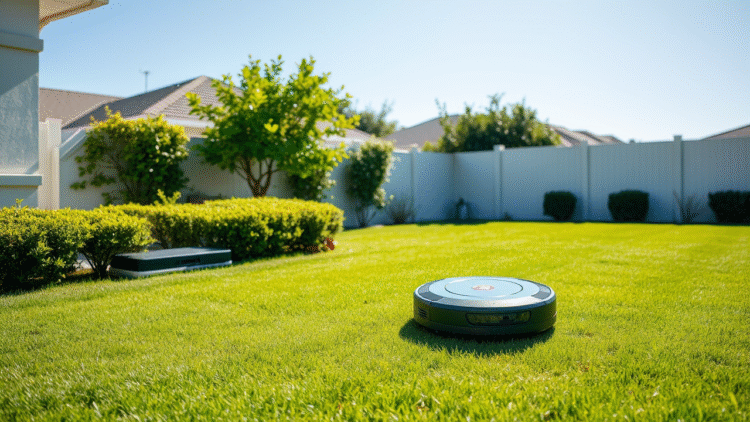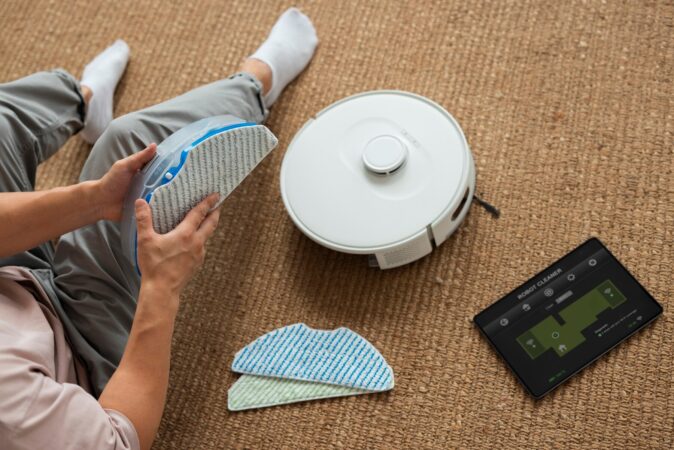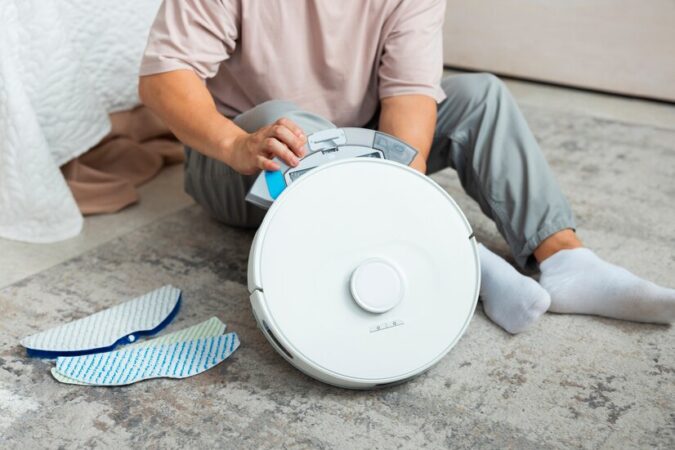
HowToForYou.com – For millions of people, coffee isn’t just a beverage it’s a ritual. Whether you rely on your French press, drip machine, or Chemex every morning, there’s one critical detail that often goes overlooked: how clean is your coffee pot?
While most of us are meticulous about sourcing organic, fair trade beans or investing in the perfect grinder, the cleanliness of the equipment brewing that liquid gold is frequently ignored. In fact, many coffee drinkers can’t recall the last time they gave their coffee maker a proper clean. And no, rinsing it out with water doesn’t count.
Instead of reaching for industrial-strength cleaners, which often leave behind toxic residues and overpowering scents, more households are embracing a natural approach. Not only are these methods safer for your health, but they’re also environmentally responsible—and surprisingly effective.
Below are six research-backed, naturally safe, and cost-effective ways to clean your coffee maker using common household ingredients.
1. White Vinegar & Water Solution: The Classic Deep Clean
Why It Works:
Vinegar is a mild acid that effectively dissolves mineral deposits, grime, and coffee oils that accumulate in brewing systems.
How to Use It:
-
Mix equal parts white vinegar and water.
-
Fill the machine’s water reservoir with the solution.
-
Start a brew cycle, stopping it halfway.
-
Let it sit for 30 to 60 minutes to allow descaling.
-
Finish the cycle and then run two additional cycles with clean water.
Best For: Drip coffee makers and single-serve machines.
2. Baking Soda Scrub: Natural Deodorizer & Stain Remover
Why It Works:
Baking soda is a gentle abrasive and odor neutralizer that tackles surface stains and lingering smells.
How to Use It:
-
Sprinkle a few tablespoons into your carafe.
-
Use a soft sponge or bottle brush to scrub away grime.
-
Rinse thoroughly with warm water.
Best For: Coffee carafes and stained glass components.
3. Lemon Juice & Water: Acidic, Aromatic, and Effective
Why It Works:
With natural citric acid, lemon juice breaks down scale and deodorizes without leaving behind artificial scents.
How to Use It:
-
Mix ½ cup lemon juice with water and pour into the reservoir.
-
Run one full brew cycle.
-
Follow with a rinse cycle using only clean water.
Best For: Those who prefer a fresh citrus scent over vinegar.
4. Salt & Ice Method: Abrasive but Gentle Cleaning
Why It Works:
The combination of coarse salt and ice acts like a natural scrubber, ideal for narrow-neck carafes that are difficult to clean with brushes.
How to Use It:
-
Place a handful of coarse salt and several ice cubes in your carafe.
-
Swirl vigorously for a few minutes to dislodge grime.
-
Rinse thoroughly.
Best For: French press and Chemex owners.
5. Dish Soap & Hot Water: The Everyday Maintenance Option
Why It Works:
Good old dish soap cuts through oils and light build-up if used regularly.
How to Use It:
-
Fill your pot with hot water and a drop or two of mild dish soap.
-
Scrub with a non-abrasive sponge.
-
Rinse until the soap scent is completely gone.
Best For: Daily upkeep, not deep cleaning.
6. Hydrogen Peroxide & Water: For Sanitizing and Stain Removal
Why It Works:
Hydrogen peroxide is a safe, non-toxic disinfectant that also helps in whitening stained surfaces.
How to Use It:
-
Mix one part hydrogen peroxide with two parts water.
-
Pour the solution into the water reservoir.
-
Run a full brew cycle.
-
Finish with two rinse cycles using clean water.
Best For: Occasional disinfecting of internal components.
Final Brew Thoughts
Neglecting your coffee pot’s cleanliness can compromise both flavor and hygiene. Natural cleaning solutions offer an effective, eco-conscious alternative to commercial products—keeping both your morning ritual and the planet in better shape.
Whether you’re a casual coffee sipper or a full-blown aficionado, incorporating these methods into your monthly routine ensures a cleaner brew and a longer-lasting machine. With no harsh chemicals and zero excuses, it’s time to give your coffee gear the deep clean it deserves.
Bonus Tip:
To maintain your coffee maker’s cleanliness, aim for a light clean weekly and a deep clean monthly—especially if you use hard water or brew daily.














